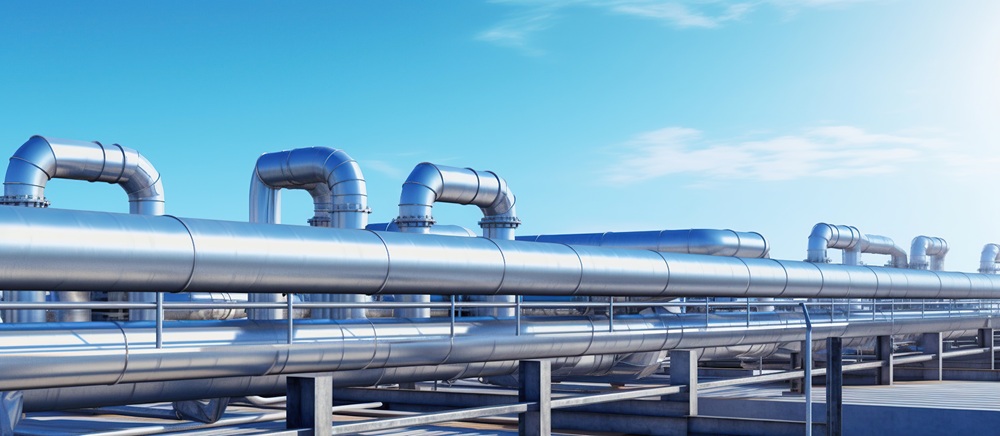How Can You Ensure Safe and Efficient Gas Installations for Commercial Properties?
Gas installations in commercial properties require a high level of expertise and adherence to safety standards. Ensuring a smooth and efficient installation process is crucial for preventing accidents, reducing risks, and maintaining long-term performance. When hiring commercial gas contractors, it's essential to consider their experience, knowledge, and compliance with relevant regulations. Property owners and managers can ensure their gas systems operate safely and efficiently for years by focusing on the key aspects of the installation process.
The Importance of Qualified Commercial Gas Contractors
Commercial gas contractors play a vital role in installing, maintaining, and repairing gas systems. With specialised knowledge and training, they are equipped to handle complex systems often found in commercial properties. These professionals have expertise in underground gas pipework, which requires careful planning and precision to avoid potential hazards such as gas leaks or pressure issues. By working with certified contractors, commercial property owners can have peace of mind knowing that their systems meet all necessary safety and regulatory requirements.
Key Considerations for Safe Gas Installations
Choosing the Right Commercial Gas Contractor
When selecting a commercial gas contractor, it's important to ensure they are fully qualified and licensed to handle gas installations. They should know local regulations and have experience working with large-scale systems. A well-established contractor will complete the installation and provide ongoing support for maintenance and repairs. Additionally, they should be familiar with underground gas pipework, as specific skills and knowledge are required to ensure it is correctly laid and maintained.
Installation Procedures and Safety Standards
Following the correct installation procedures is essential for the safety and efficiency of the system. Gas installations must comply with local building codes and safety regulations. The process should begin with a thorough site assessment to determine the best installation methods and locations for the gas lines. In particular, underground gas pipework must be laid with care, ensuring that the pipes are protected from potential damage and are easily accessible for future maintenance.
Regular Maintenance and Inspections for Ongoing Safety
Preventive Maintenance for Gas Systems
Once the installation is complete, regular maintenance is crucial for ensuring that the gas system continues to function safely. Commercial properties should schedule routine inspections and servicing to check for any signs of wear, corrosion, or leaks in the system. These inspections should cover all areas, including underground gas pipework, to ensure no issues are overlooked. By addressing potential problems early on, property owners can avoid costly repairs and prevent dangerous situations.
What to Look for in Routine Inspections
Commercial gas contractors should check the gas lines' pressure levels, connections, and condition during routine inspections. This may involve using advanced technology like cameras or sensors to identify potential damage or leaks underground for underground gas pipework. Ensuring that all gas system components function correctly is key to preventing accidents and ensuring longevity.
Prioritising Safety and Efficiency
In conclusion, ensuring safe and efficient gas installations in commercial properties involves choosing the right commercial gas contractors, adhering to installation procedures, and maintaining regular inspections. By focusing on the installation's quality and the system's ongoing safety, property owners can prevent accidents, reduce energy costs, and extend the life of their gas infrastructure. Prioritising safety and efficiency will result in a secure and reliable gas system that will serve the needs of commercial property for years to come.
